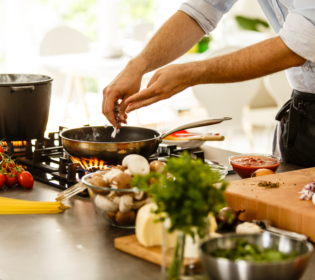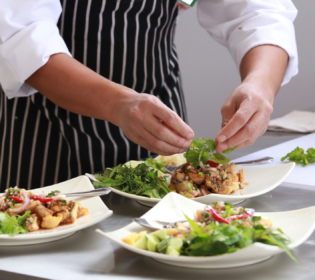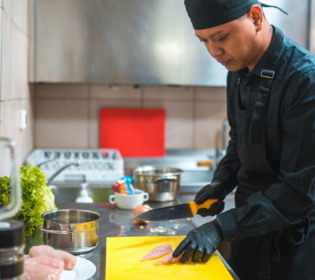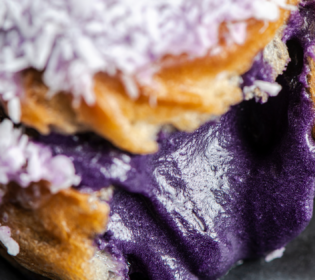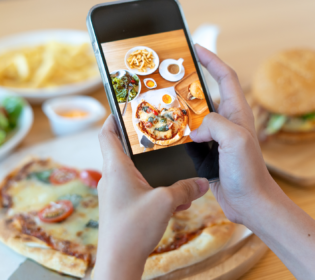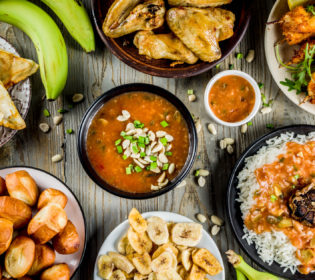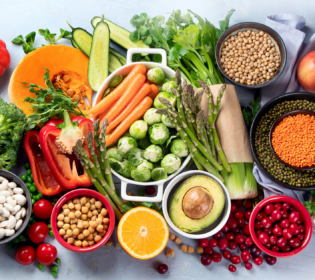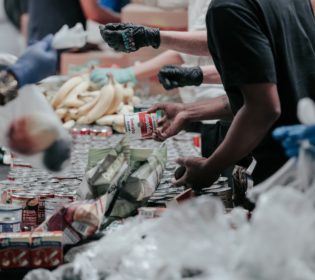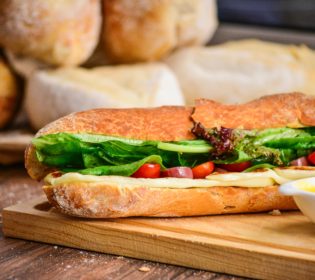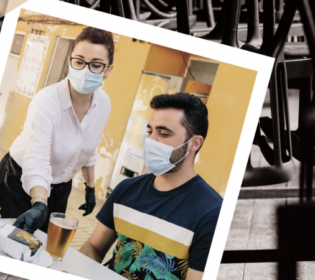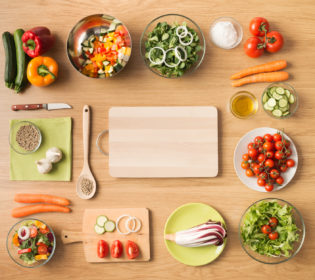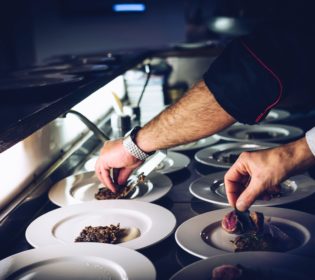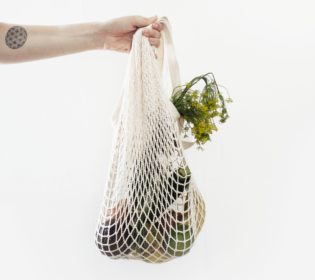COVID-19 Restaurant Survival Guide
If there’s any industry that has felt the impact of COVID-19, it’s the food service industry. The pandemic has been especially hard for those businesses that relied on dine-in services. The way forward seems unclear, and restaurant owners are worried about the future of their business. Different regions throughout the country have different regulations in place, and they’re not always linear. The Toronto, Peel, and Ottawa regions in Ontario, for example, reverted to a modified Stage 2 plan in October and closed in-door dining due to the escalation of reported cases.

At Wholesale Club, we want the restaurant industry to survive and thrive during these challenging times. In addition to following your province’s health and safety standards, we’ve outlined the best practices recommended by Restaurants Canada to help keep your business open during the pandemic.
Keep Your Guests and Staff Safe
Of course, the top priority of any restaurant owner is keeping guests and staff safe. Without a vaccine, the best defense against the coronavirus and operating your business safely is proactive prevention. This includes:
- Training staff of best cleaning practices.
- Providing staff with personal protective equipment.
- Frequently cleaning high-touch points.
- Encouraging social distancing where possible, such as limiting the number of guests at one table and marking directions of travel to washrooms and exits.
- Gathering contact information from guests for contact tracing in the event a customer or employee tests positive for COVID-19.
- Offering complimentary masks to guests in case they forgot theirs.
For more details on best safety practices, check out our blog on Sanitizing Your Food Preparation And Services Workspace.
Enhance Your Online Communication and Marketing
Your website, social media, and Google Business are all powerful marketing tools. Ensure your business information is accurate on all platforms. You wouldn’t want to miss out on revenue because potential customers are confused. Some must-dos include:
- Announcing any operational changes.
- Posting health and safety procedures on social media and your website.
- Ensuring your Google Business services are accurate.
- Responding to email and chat inquiries promptly.
Use E-commerce to Your Advantage
Developing an e-commerce site is an upfront cost, but it can lead to a greater return on investment in the long run. If you haven’t already, you need to start taking online orders through your website rather than a 3rd party vendor. In a recent survey, 70% of diners expressed they preferred to order directly from a restaurant. In addition to adding an online ordering system to your website, your website can also sell:
- Gift cards.
- Merchandise such as meal kits, cookbooks, spices, and alcohol, if your provincial laws allow it.
- Event tickets such as virtual cooking classes or wine tastings for small groups.
- Catering for special events.
Add A Personal Touch to Take-Out
One of the many reasons guests choose to dine-in is for the restaurant atmosphere. Replicating that atmosphere in a take-out order will increase the chances of customers returning. Linden Pride, the owner of a bar in New York City called Dante, realized he could use COVID-19 as a time for innovation. He created cocktail delivery kits and added coasters, complimentary flowers, sparkling water, hand sanitizer, and created a Spotify playlist to give customers the same Dante experience.
With the holidays approaching, adding a special flair to your take-out and meal kit orders are sure to make you stand out.
Support Your Staff
Your staff are the face of your business. It’s their job to provide excellent service and keep customer’s happy. However, there’s a lot on their minds. From feeling economically unstable to being worried about putting their household at risk, you may notice your staff are feeling emotionally and mentally exhausted. The mental health of your employees is just as important as their physical safety during the pandemic. In a survey conducted by the non-profit organization, Not 9 to 5, 79% of respondents in the hospitality industry said they kept their mental health issues to themselves. Perhaps more than ever, your team needs you to manage with care and understanding. Consider adding burn out response strategies to your current HR practices to keep staff feeling appreciated and heard.

For more financial, operational, and marketing advice, click here to view Restaurants Canada’s COVID-19 Resource Centre.

